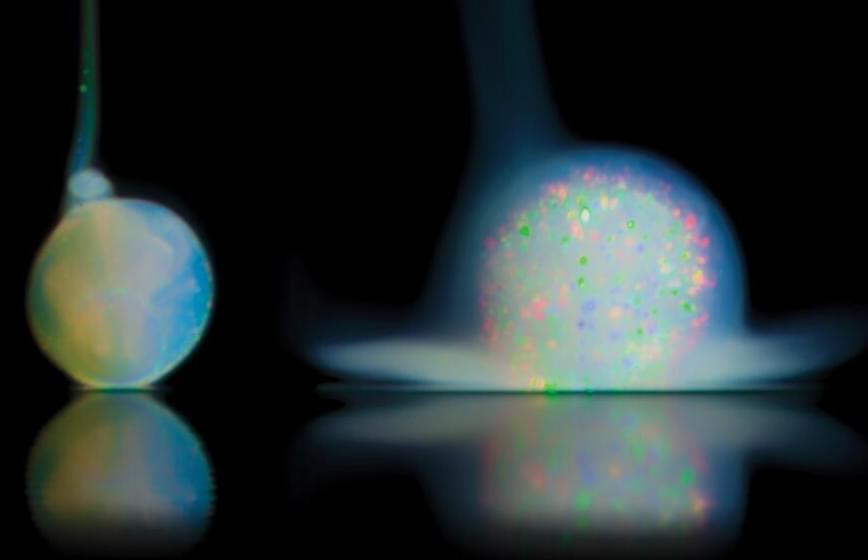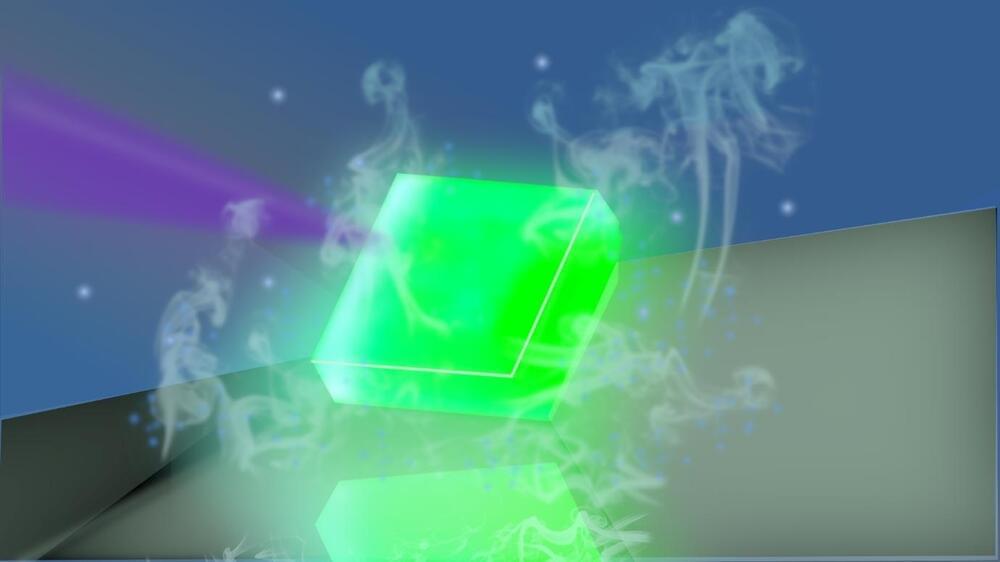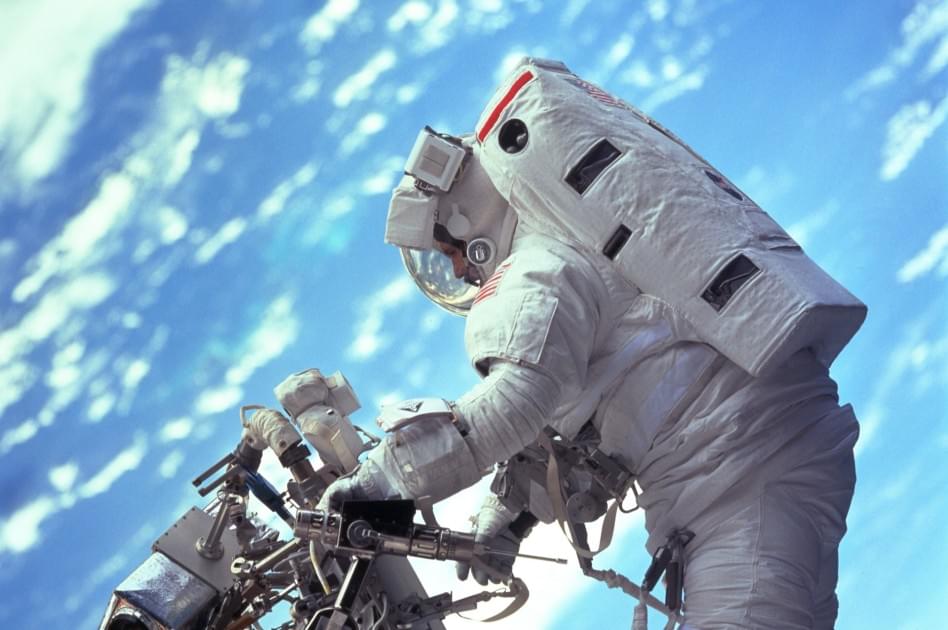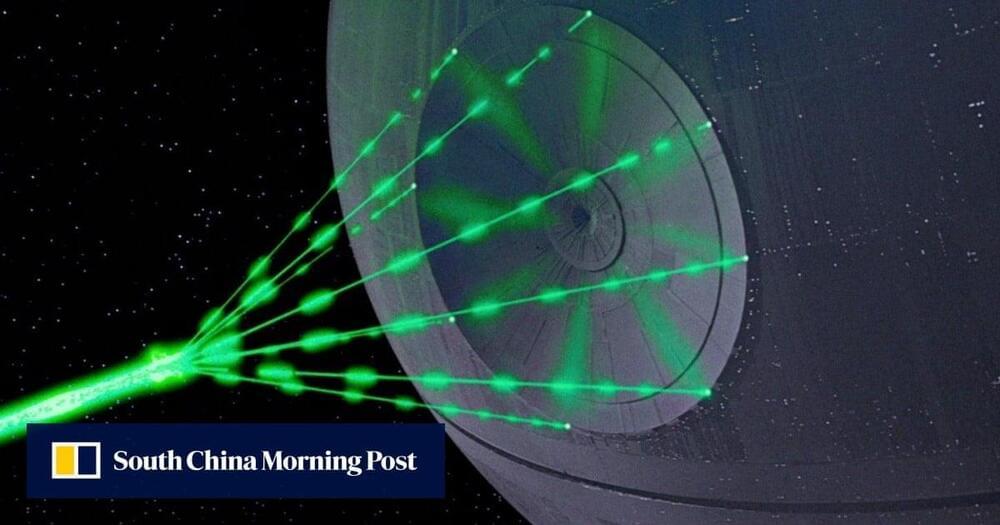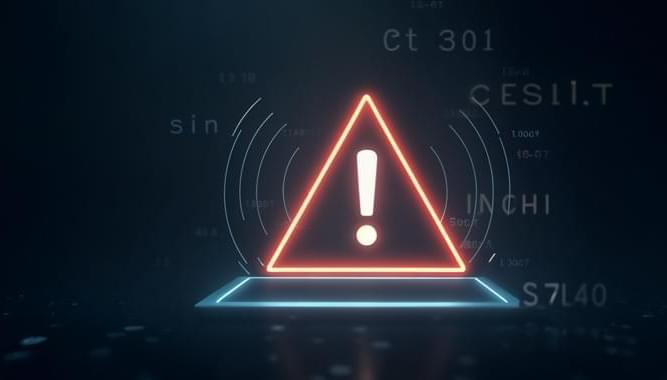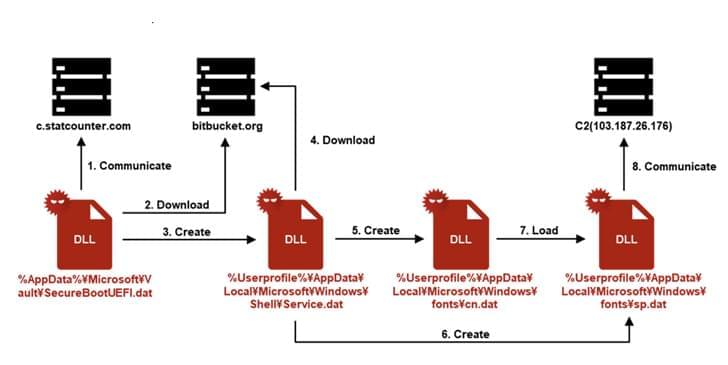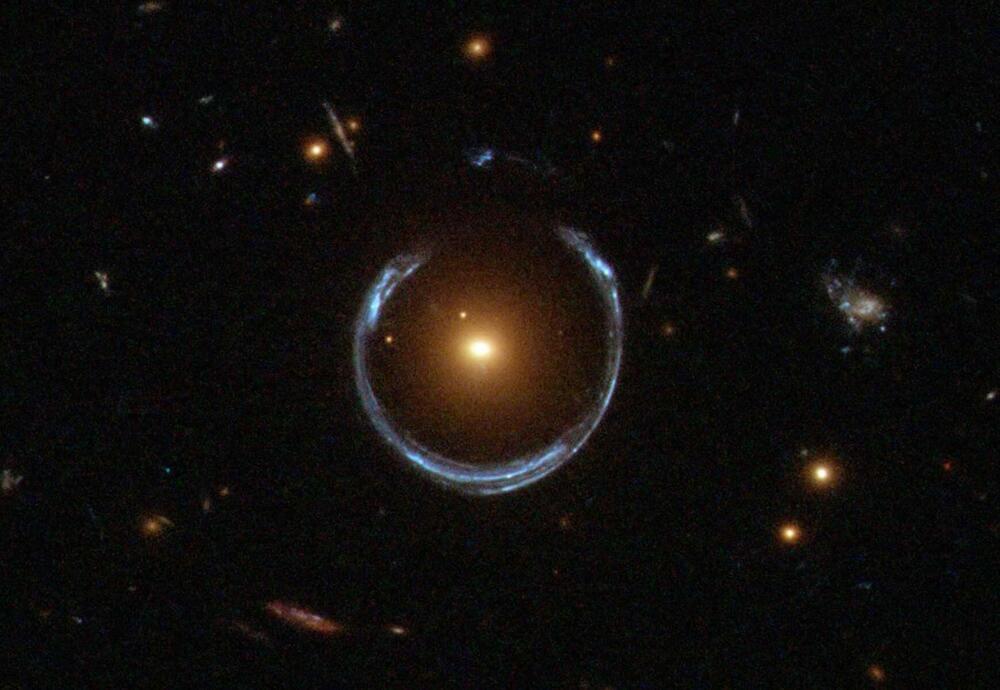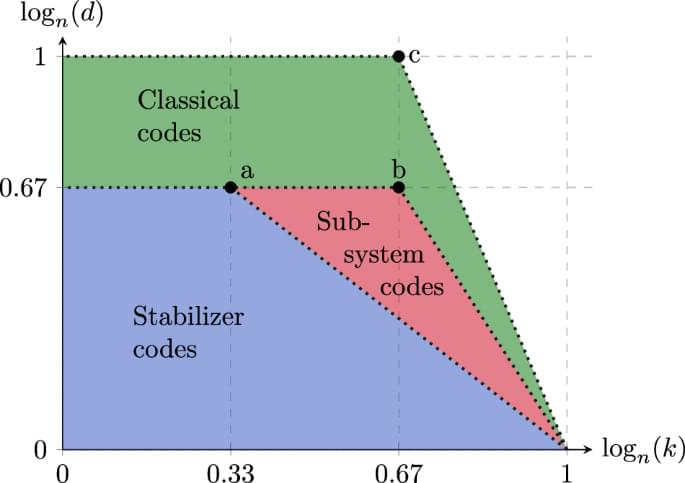Nov 28, 2024
Quantum Computing Breakthrough Achieves 99.98% Gate Fidelity
Posted by Saúl Morales Rodriguéz in categories: computing, quantum physics
Researchers have achieved high gate fidelities up to 99.98% using a new double-transmon coupler. This development enhances quantum computing performance and supports the advancement toward fault-tolerant systems.
Researchers from the RIKEN Center for Quantum Computing and Toshiba have developed a quantum computer gate using a double-transmon coupler (DTC), a device previously proposed in theory to enhance the fidelity of quantum gates significantly. With this innovation, the team achieved a fidelity of 99.92% for a two-qubit device known as a CZ gate and 99.98% for a single-qubit gate.
This milestone, part of the Q-LEAP project, not only improves the performance of noisy intermediate-scale quantum (NISQ) devices but also lays the groundwork for fault-tolerant quantum computation through more effective error correction.

